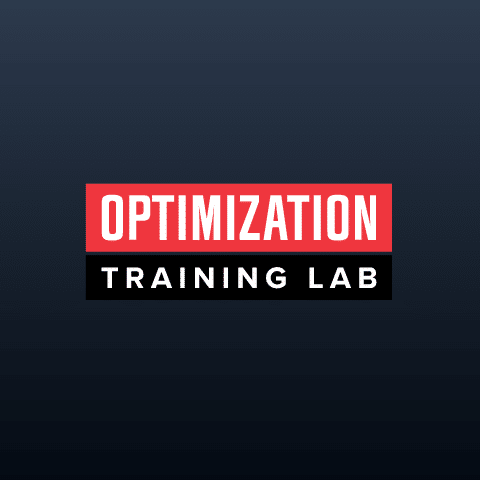This “Win In The Mind” process starts with deciding “Who” you want to become. This could be considered creating your identity or as we have referred to in the past, your “future me”. What I want to clarify is that striving to become more does not mean that you are currently broken and need fixing. We can distinguish this by thinking of being versus becoming. The “Being” you already are is your true essence, spirit etc. It is already perfect, the becoming is more of what you decide you want to do with it.
My belief is that we are here to do our best, to evolve, and eventually serve others. Because we exist in a physical body we need to take care of it and create the energy to do that.
This process is not something new. It is in many ways ancient. However, I sincerely believe if we take the energy to devote the time to sincerely go through this process and then connect to it each day, that it has the power to change your world. For those wanting to go deeper with the work, it involves developing a code or standard, based on what you uncover and what level of accountability you desire regarding adhering to your code.
Here are a few quotes from Thomas Sterner’s book, the Practicing Mind (Developing Focus and Discipline In Your Life), which are related to this work as well.
“If you are not in control of your thoughts then you are not in control of yourself. Without self-control, you have no real power, regardless of whatever else you accomplish.”
“To me, the words “practice” and “learning” are similar but not the same. The word “practice” implies the presence of awareness and will. The word learning does not. When we “practice” something we are involved in the deliberate repetition of a process with the intention of reaching a specific goal. The words deliberate and intention are key here because they define the difference between practicing something and just learning something.”
“We must work at being more objectively aware of ourselves. We cannot refine any part of our daily thought processes if we are not separate from them. At first this seems to be a confusing concept to grasp, but with the slightest shift in perception it becomes clear. If you are aware of anything you are doing, that implies that there are two entities involved: one who is doing something and one who is aware or observing you do it. If you are talking to yourself, you probably think you are doing the talking. That seems reasonable enough, but who is listening to you talk to yourself? Who is aware that you are observing the process of an internal dialogue? Who is this second party that is aware that you are aware? The answer is your true self. The one who is talking is your ego or personality. The one who is quietly aware is who you really are, the Observer. The more you become aligned to the quiet Observer, your true self, the less you judge. Your internal dialogue begins to shut down and you become more detached about the various external stimuli that come at you all day long. You begin to actually view your internal dialogue with an unbiased and sometimes amused perspective.”
“By now, you should realize, or shall we say be aware of, several themes running throughout this book. One of these themes is awareness itself. You cannot change what you are not aware of, and that truth is no more important than in the world of self-improvement. We need to be more aware of what we are doing, what we are thinking, and what we are intending to accomplish in order to be more in control of what we are experiencing in life. But in fact, for most of us, this is a problem because we are so disconnected from our thoughts. We just have them. The horses are running and we don’t have the reins. We need to be more of an observer of our thoughts and actions, like an instructor watching a student performing a task. The instructor is not judgmental or emotional. The instructor knows just what he or she wants the student to produce. The teacher observes the student’s actions, and when the student does something which is moving in the wrong direction, the instructor gently brings it to the student’s attention and pulls the student back on the proper path. A good instructor does not get emotional in response to the student moving off the path. That kind of negative emotion comes from expectations, and that is not the perspective we want to have if we are to be our own instructor. Expectations are tied to a result or product; once again, we are experiencing the feeling of “things should be this way right now, and until then I won’t be happy.” When you or someone else is experiencing these kinds of emotions, it is an indicator of falling out of the process, or falling out of the present moment.”
This last quote also describes our mission as coaches. We are here to support you and encourage you but also hold you accountable. The better we can understand your goal, the better we can serve you.
